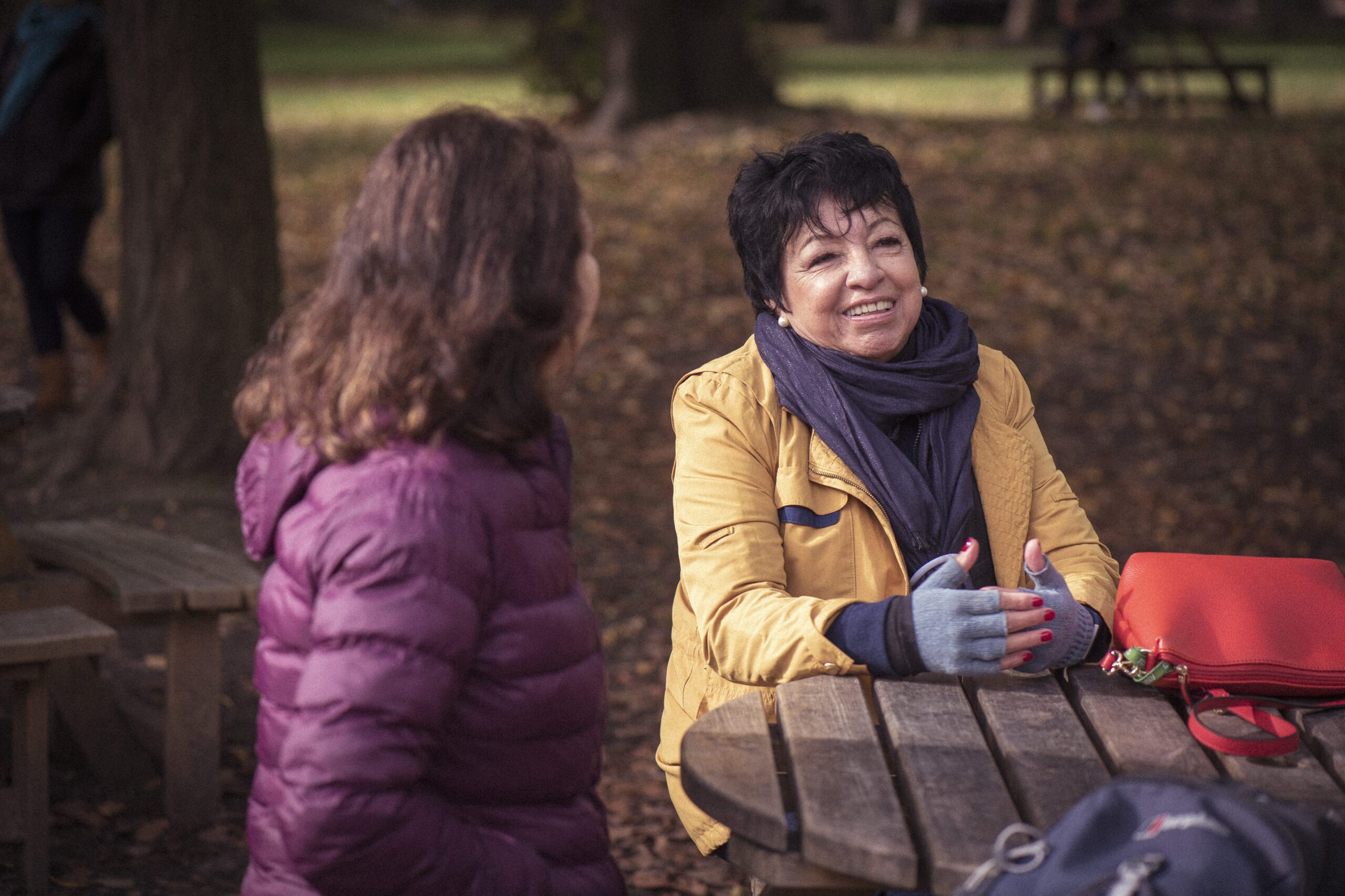Comforting words for someone with anxiety
Tags
Care at Home for the Elderly: A Guide for Caregivers
While everyone can feel anxious from time to time, experiencing frequent or intense anxiety can quickly become overwhelming and dominate everyday life.
Symptoms of anxiety can range from a general feeling of unease, irritability, and difficulty concentrating, to full-blown panic attacks. Some people experience physical symptoms too such as excessive sweating, shortness of breath, dizziness, nausea, and sleep problems.
Anxiety is a natural response to uncertainty. While different people will find different things trigger their anxiety symptoms, there are certain moments in life that can increase our likelihood. For example, the current rate of inflation and rising living costs have led to a third of adults in the UK feeling more anxious than usual. A demanding job, or dealing with a change in circumstances such as moving house or the breakdown of a relationship may also be triggering.
Beginning your care journey can be an anxious time too. If you’ve noticed that your mum or dad needs more support to stay safe and well, it’s natural to worry about what the future holds for them. For older people themselves, the fear of losing independence or the trauma of losing a partner can cause different levels of anxiety. In fact, Age UK estimates that over half a million over 65s are living with an anxiety disorder – but are the least likely age group to seek support.
If someone you know or are caring for is living with anxiety, we’ve shared some comforting words below. Remember, It’s OK not to know what to do, or worry you might say the wrong thing – the most important thing is to communicate that you’re there for them.
“What can I do to help right now?”
This may seem obvious, but asking an open question like this can help to give them back some control over their situation. Offering practical solutions may feel like you’re helping, but a person with anxiety may feel pressured into a choice or decision they’re not completely comfortable with or ready for.
Some people may want advice, while others may want space to process how they’re feeling in their own way. Being patient and practising active listening – when you listen to understand rather than respond – can be an important first step to providing meaningful support.
“Would it help if I sat with you?”
Sometimes it can be reassuring to know you’re not alone, and a consistent, calm presence can be just as powerful as words during anxious moments. Knowing someone is available to just be with them – who can create a safe space without the pressure of conversation can be a comfort during difficult times.
“I’m here if you do want to talk”
If they are ready to share how they’re feeling, let them lead the conversation. Their anxiety may stem from a traumatic or difficult experience, so if they are open to questions, instead of asking them why they’re feeling anxious, ask how it affects their daily life, and what makes it better or worse. Understanding this can help you spot potential triggers and empathise with their experience.
“This feeling will pass”
When experiencing a bad spell of anxiety it can be really difficult to imagine feeling any other way. A gentle reminder that how they’re feeling will pass, perhaps by reminiscing over good times you’ve shared together, or by talking about something coming up that they’ve been looking forward to may offer a little light at the end of the tunnel.

If they’re ready to seek outside help
This can be a big and scary step for some people, so make sure it’s a decision they make themselves. Support can mean different things to different people too. It may start with learning more about anxiety and researching different types of support such as peer support groups or helplines – rather than diving straight into therapy.
If they would like to start by discussing how they’re feeling with their GP, you may want to offer to help them arrange the appointment if they find the idea of making the call too overwhelming. Offer to go with them and wait in the waiting room if you think that may make them more comfortable too.
Remember to look after yourself too
Supporting someone who is living with a mental health problem like anxiety can feel overwhelming. It’s important to protect your own energy and well-being so that you’re in a position to help.
Set boundaries
While you may want to do as much as you can, trying to do too much could put you under stress. Trained mental health professionals are often better placed to provide more intensive support. They not only have the knowledge to help people overcome negative feelings, but the majority of professionals in the UK also undergo ‘supervision’. This is when they use the services of another counsellor or psychotherapist to confidentially discuss how they work with clients and protect their own mental health.
If you’d like to find out more about arranging one-to-one mental health support, the following organisations may be useful –

Build a network
It can be easier to provide support if you’re not the only one doing it. Building a support network of people that the person with anxiety is comfortable around can ensure there is always someone available during stressful times.
Talk to others
This doesn’t mean breaking the confidentiality of the person you’re supporting – it’s always advised to be careful about what you share, however talking about your own feelings, either with a friend or someone new, such as the Samaritans can ensure you feel supported too. Mental Health Charity Mind also has some helpful resources for support. Again, alternatively, if you think you’d benefit from speaking to a therapist yourself, you can find trusted local professionals using the links above, or by searching the British Association for Counselling and Psychotherapy’s directory.
This article is for informational purposes only and not to be taken as medical advice. For medical advice, always consult your GP.
Read more care guides

How to prepare for a live-in caregiver
Care at home: how to prepare the home for a live-in caregiver A live-in carer can make a massive difference to your loved one’s quality

6 tips for finding the right live-in carer
Finding the right live-in carer is a significant and deeply personal decision, impacting your loved one and the entire family. You’re seeking someone trustworthy, compassionate,

The cost of care – everything you need to know
The true cost of care – everything you need to know Discover the true cost of care and explore your funding options with our care

Understanding autism in older adults
While Autism is usually diagnosed in childhood, an increasing number of older adults are being formally diagnosed in later life. Masking autism symptoms can result

A guide to speaking with a loved one about home care
Why do older adults resist care? A guide to speaking with a loved one about home care Bringing up the topic of care at home

How to choose the right personal alarm for seniors: A comprehensive guide
Personal alarms for elderly Discover how personal alarms work, who they’re best suited to, and how they provide greater peace of mind to older people
